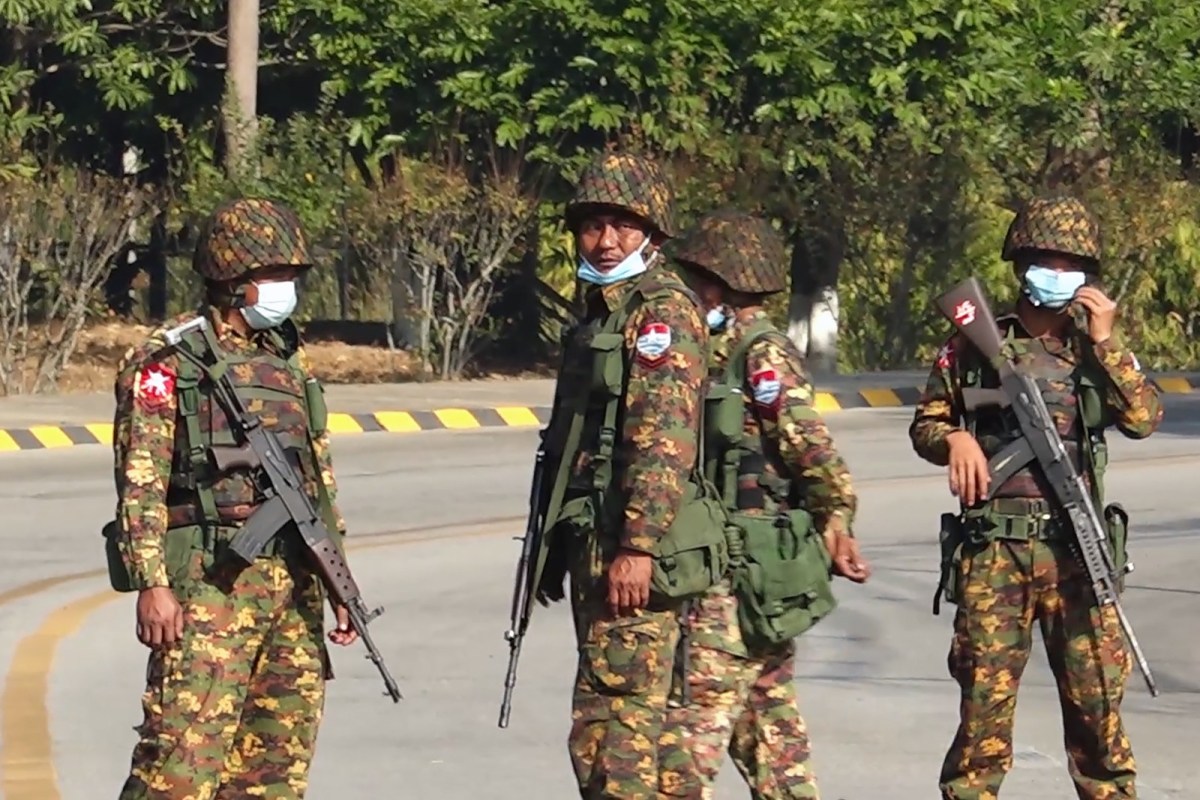[ad_1]
Like other states, India has also expressed deep concern over the tensions currently taking place in Myanmar. A statement by the Indian Ministry of External Affairs said, “India has always been steadfast in its support to the process of democratic transition in Myanmar. We believe that the rule of law and the democratic process must be upheld. We are monitoring the situation closely.â€
India, like its Western partners, is a staunch advocate of democracy. Being the largest democratic country and a major pillar of the current rules-based order, India possesses the needed weight to illustrate its desire for a more regulated and peaceful atmosphere in its neighbor’s domestic affairs; however, it remains cautious about propagating any sharp comments regarding the recent military coup in Myanmar.
Despite being a democratically driven country, India takes into consideration the shifts that are occurring in the global balance of power. It is aware that if Myanmar is subjected to heavy sanctions and domestic interference, the Southeast Asian country will have no choice but to fall deeper into China’s arms.
China has developed a reputation for working openly with authoritarian and non-democratic regimes, and if Myanmar continues to develop its dependency on China, it may significantly alter the balance of power especially in the Indian Ocean Region, where Beijing is seen to be increasing its strategic footprints.Â
Illustrating their civilizational links, India has shown effectiveness in engaging constructively with both military and the civilian governments in Myanmar. In 2008, the Myanmar army’s Vice-Senior General Maung Aye was given a flamboyant welcome in India. This took place before the junta proposed a new constitution that allotted the military 25% of the seats in parliament.
Moreover, Myanmar continues to serve as a cornerstone in India’s Act East Policy because of its strategic location. This relationship significantly gained momentum when India decided to increase the sale of military equipment to Myanmar.
Last October, India gave a submarine to Myanmar as part of its military outreach. Amid the Covid-19 pandemic, Myanmar received 1.5 million doses of a vaccine supplied by India.
India maintains a balanced approach toward Myanmar’s current domestic situation as it is aware that pressuring the country may lead to serious geopolitical implications for the Indian Ocean Region. Looking beyond this geographic space, other states including the US must also maintain caution in dealing with Myanmar.
Western countries were quick to condemn the events that took place in Myanmar this week, with more than a dozen diplomatic missions calling on the military refrain from altering the outcome of the 2020 elections.
In a group diplomatic statement, the embassies of Australia, 12 European countries, the European Union diplomatic mission to Myanmar, New Zealand, and the United States declared, “We urge the military, and all other parties in the country to adhere to democratic norms, and we oppose any attempt to alter the outcome of the elections or impede Myanmar’s democratic transition.â€
In addition to these statements, US President Joe Biden threatened to reimpose sanctions on Myanmar. Furthermore, he emphasized the need for countries to band together and enforce a rigid international response to push the military into renouncing power and returning the country back toward democratic transition.
These statements and warnings by Western states reflect their commitment to the spread and maintenance of democracy in the international system. However, in addition to safeguarding democratic values, the global distribution of power must be taken into consideration at a time when China is increasing its assertive actions amid its steadfast desire to maximize its share of relative power.
Pushing Myanmar toward China’s sphere of influence could contribute to the detriment of the current rules-based international order. The West might be well advised to stand back and consider India’s more balanced approach.
[ad_2]
Source link














